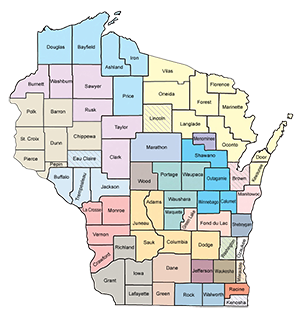Expanding School Readiness Gains in Prekindergarten, the September issue of the National Center for Research on Early Childhood Education (NCRECE) In Focus brief (vol. 1, no. 6) published recent findings from a study that examined the relationship between four different patterns of prekindergarten (pre-k) classroom engagement and children’s later success on language, literacy, and mathematics school readiness indicators.
Unlike most studies examining pre-k classroom characteristics and their relationship to children’s school readiness, a recent study published by the Society for Research in Childhood Development (SRCD) in its Child Development journal focused on individual children and the types of activities with which they engaged during their pre-k day (“pattern of classroom engagement”) rather than on classroom environment characteristics associated with overall program quality (like those measured by ECERS and CLASS).
The study, intended to both assess the relationship between children’s pattern of classroom engagement and their school readiness gains during the prekindergarten year and to learn if some patterns of classroom engagement promoted greater school readiness gains for low-income children, examined the relationship between the following four patterns of prekindergarten classroom engagement and children’s later success on language, literacy, and mathematics school readiness indicators.
Patterns of classroom engagement:
- Free choice play and exploration (free play) where child-directed exploration of child-chosen activities is encouraged.
- Individual instruction where the teacher engages in direct, explicit instruction with a child.
- Group instruction (small group or whole class) centered on the teacher providing explicit instructional support.
- Scaffolded learning where teachers offer children contextually responsive comments that lift their thinking and performance to a higher level than would occur if assistance were not provided.
Results suggest that more quality instructional time with teachers and less free play time without teacher guidance or scaffolding would better prepare children for entering kindergarten. Especially for children from low-income families, quality instructional time that promotes the skills needed for school success seems to be important.

